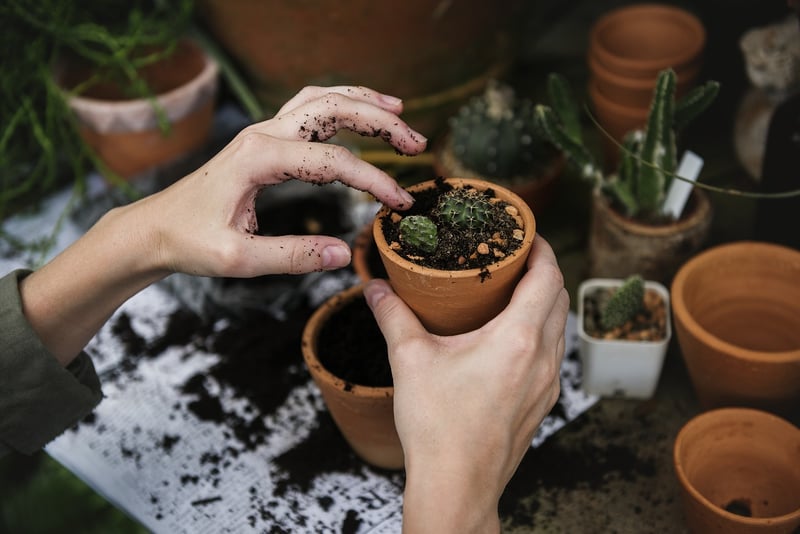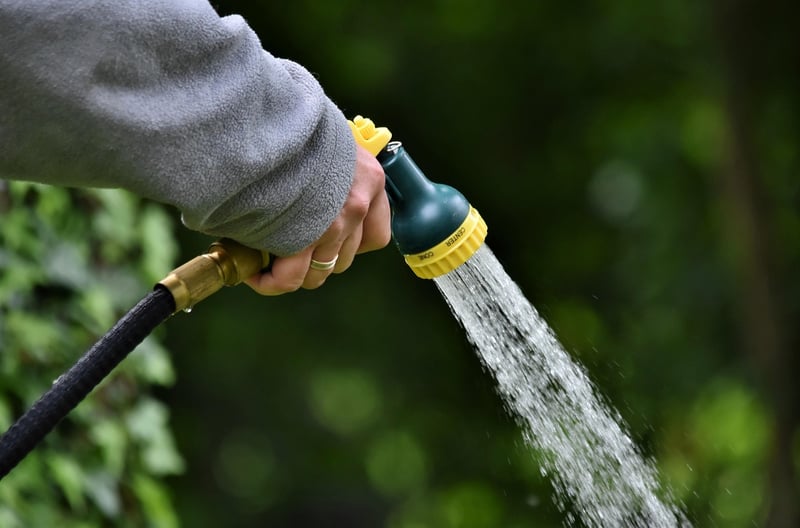Watering Guide
Essential Care Techniques for Indoor Plants + Watering Guide
Introduction
Welcome to our guide on essential care techniques for indoor plants, focusing on the crucial aspect of watering. Proper watering is vital for the health and growth of your indoor plants, and mastering this skill will help you maintain a green and thriving indoor garden. Let's delve into some key tips and guidelines to ensure your plants receive the right amount of water at the right time.
1. Understanding Your Plants' Watering Needs
Each plant has unique watering requirements based on factors like species, size, season, and potting mix. Research the specific needs of your indoor plants to determine how often and how much water they require.
2. Signs of Overwatering and Underwatering
Learn to recognize the signs of overwatering (yellowing leaves, root rot) and underwatering (wilting, dry soil) in your plants. Observing these cues will help you adjust your watering schedule accordingly.
3. Watering Techniques
Use a watering can with a narrow spout to target the soil directly and avoid wetting the foliage. Water thoroughly until you see excess water draining from the bottom of the pot, ensuring proper hydration for the roots.
4. Best Practices
- Water in the morning to allow excess moisture to evaporate during the day, reducing the risk of fungal diseases.
- Use room temperature water to avoid shocking the plant's roots.
- Adjust your watering frequency based on seasonal changes and plant growth phases.
- Consider factors like humidity levels and air circulation in your home, as they can affect your plant's water intake.
5. Watering Guide
Here is a general watering guide to help you get started:
- Succulents and Cacti: Water sparingly, allowing the soil to dry out completely between waterings.
- Tropical Plants: Keep the soil consistently moist but not waterlogged.
- Herbs: Water when the top inch of soil feels dry to the touch.
- Flowering Plants: Water regularly, ensuring good drainage to prevent waterlogging.
Conclusion
Mastering the art of watering is essential for the well-being of your indoor plants. By understanding your plants' individual needs, observing signs of overwatering and underwatering, and following best practices, you can create a thriving indoor garden that brings beauty and tranquility to your living space.

Remember, each plant is unique, so don't be afraid to experiment and adjust your watering routine until you find the perfect balance. Happy gardening!
